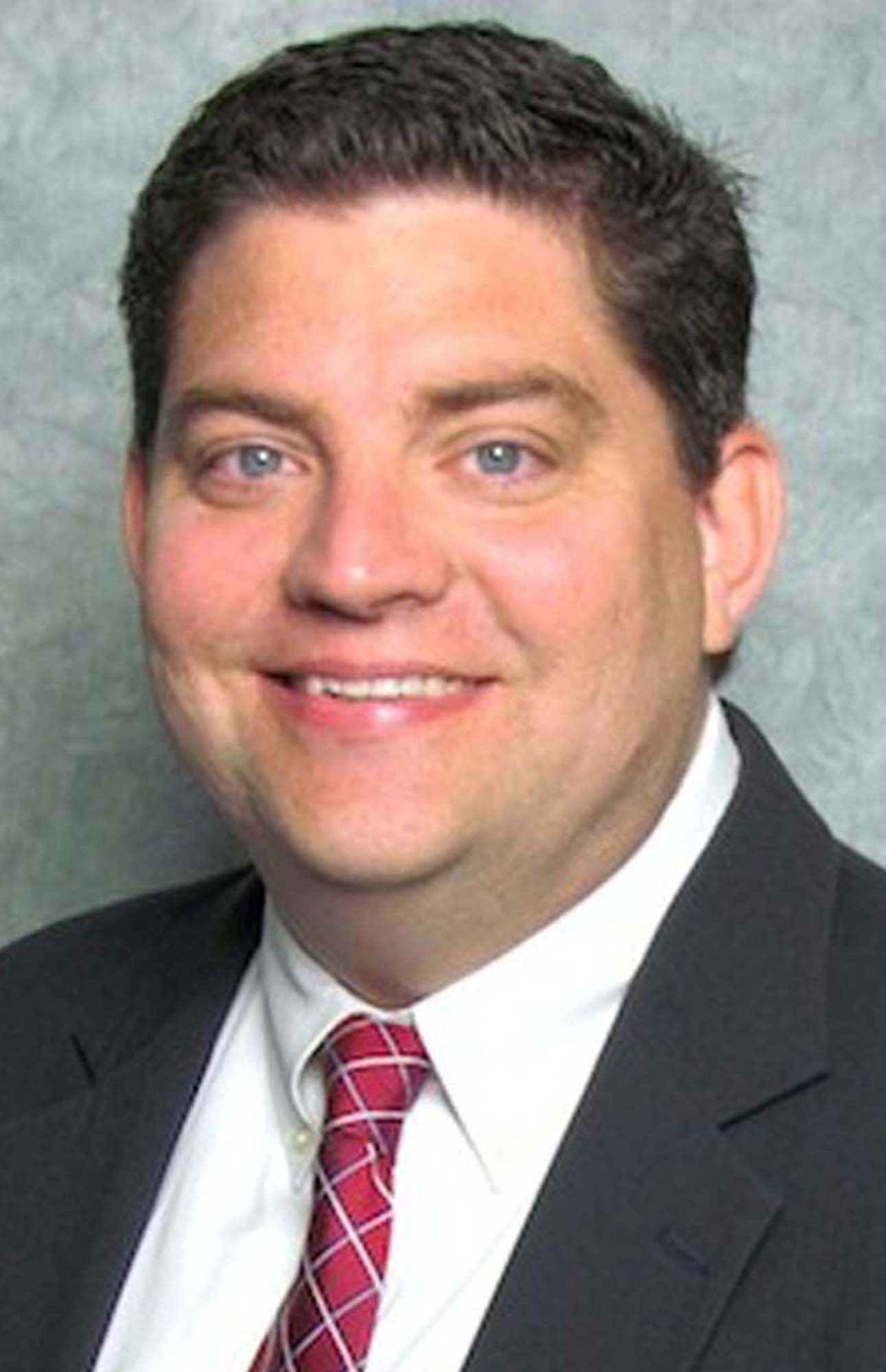
KELLER, Texas (BP) — For those of us who are parents of children with profound mental disabilities, one nagging question often lingers in our consciousness: What will happen to our child when we die?
We know that so long as we are living, our child will be loved and nurtured with the greatest of care. Once we are gone, however, our child will be dependent on those whose care, while well-intentioned, could never match that of a parent’s love.
So, we do our best not to worry about the future. We make financial plans as best we can, and make sure that our life insurance is current. We remind the siblings that one day they may be called on to be a caregiver to our special needs child. And we pray.
As a Christian and a pastor, another question lingers: What will happen to my profoundly mentally disabled child when she dies?
The question of accountability is one that Christians in general and Baptists in particular have debated for centuries. In recent years the phrase “age of accountability” has given way to the more appropriately termed “state of accountability.” This change makes room for those of all ages with childlike cognitive ability. The truth is that the Bible has very little to say about what becomes of the souls of infants and children who die and even less to say about what becomes of the souls of the mentally disabled.
Some Baptists have appealed to the natural innocence of children and the mentally disabled as grounds for their entrance into heaven. In my opinion, there are two fundamental problems with that view.
First, our experience with even very young children is that they sin. They lie. They steal. They have unjustified anger. In short, they behave like their parents.
The second, and more significant problem with the innocence view, is that it would seem to come in conflict with Scripture. In Romans 5:12 the apostle Paul writes, “Therefore, just as through one man sin entered into the world, and death through sin, and so death spread to all men, because all sinned.”
Many Baptists have historically affirmed the concept of imputed sin. The idea is that all humanity is guilty because of our relationship with our federal head, Adam. In fact, some of the oldest Baptist confessions included overt affirmations of this doctrine. The first president of the Southern Baptist Theological Seminary, J.P. Boyce, affirmed the doctrine of imputed sin.
Boyce wrote: “… at the very moment of birth, the presence and possession of such a nature shows that even the infant sons of Adam are born under all the penalties which befell their ancestor in the day of his sin. Actual transgression subsequently adds new guilt to guilt already existing, but does not substitute a state of guilt for one of innocence.”
So, if children and the mentally disabled are not naturally innocent but go to heaven when they die — and every Baptist I know believes that they do — what is the basis for such salvation? Many Baptists throughout our history have based the belief in the salvation of children and the mentally disabled on the mercy of God.
As Charles Spurgeon wrote, any other belief would be “utterly inconsistent with the known character of the Lord Jesus Christ.” We know that it was the Lord who said, “Suffer the little children to come unto me and forbid them not, for such is the kingdom of heaven.”
The answer that has been most satisfactory to me, the father of a profoundly mentally disabled child, is that those who die outside of the state of accountability go to heaven based on the election, redemption, regeneration and mercy provided by God in the saving work of Jesus Christ.
In short, I am much more confident of God’s mercy than I am of my children’s innocence. I know this because I know their dad, and he is a sinner in need of grace.













